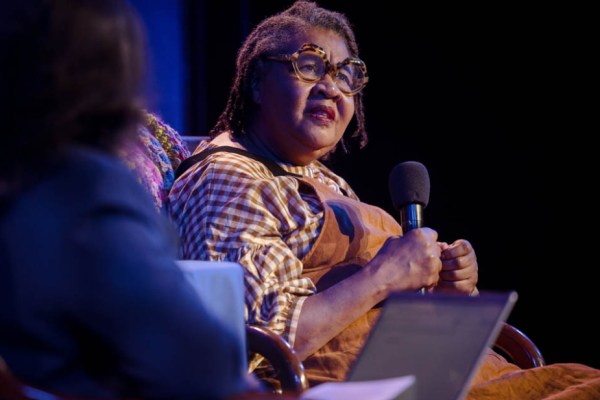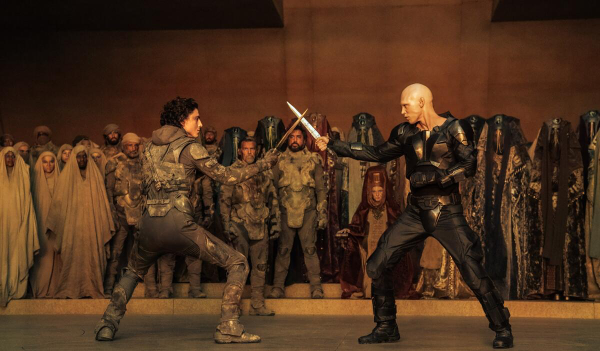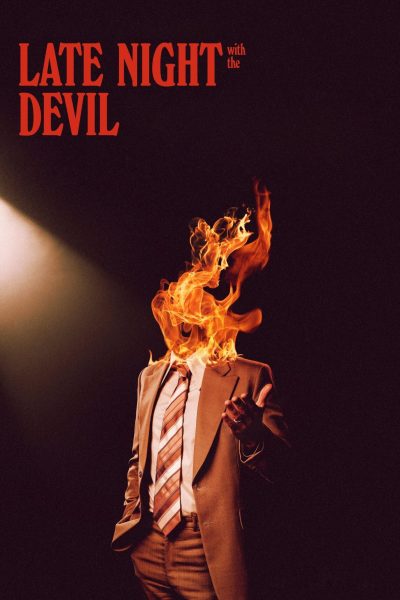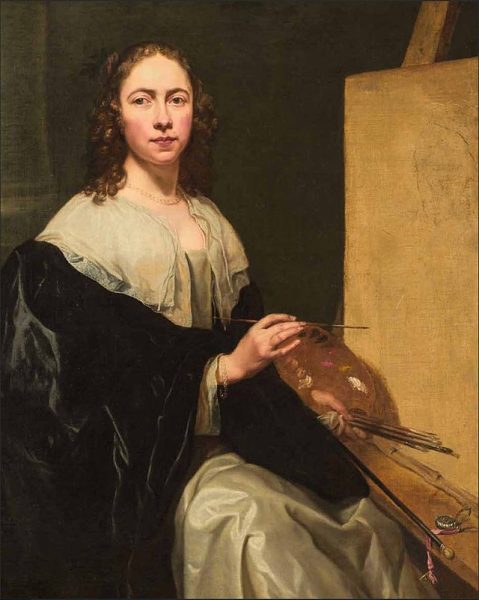Making the Most of Religious Holidays Amidst a Pandemic
2020 has taken away countless events that many people were looking forward to, including many important religious holidays. For Muslims, many were unable to celebrate the end of Ramadan with Eid-al-Fitr in May, Eid-al-Adha in July and many other religious events. For Hindus, the nine-night celebration of Navaratri was unable to be celebrated in person and one of the most sacred holidays, Diwali, will ultimately not be the same as previous years. A commonality amongst all of these celebrations is that they are normally spent with large groups, typically family, friends and loved ones. Although this is not an ideal situation, many people have made the most of this predicament and still found safe and special ways to celebrate. With the holidays just around the corner, it’s important to be mindful that we are still amidst a life-threatening virus. Knowing this, there are a few ways that SLU students safely celebrated the holidays that are most meaningful to them.
Routinely, Muslims all over the world celebrate Eid-al-Fitr after Ramadan, which consists of a whole month of fasting. Eid-al-Adha is the second significant Eid celebrated by Muslims and emphasizes the value of sacrifice for God and the greater good. Oftentimes, these holidays are spent in large gatherings to bring people together on these special days, but due to COVID-19 things went a little bit differently this year. Freshman Dania Salman shares her personal experience, “My family usually goes to the mosque every year on Eid to celebrate with everyone. However, due to the pandemic, we did Eid prayers at home this year instead. Although it was different, we made the most out of it by being there for each other.” Although sacrifices were made in order to promote safety and prioritize physical health, simply being with your family on this special day can make it a more intimate and memorable experience. Sophomore Zahva Naeem also shares her experience: “It always starts with us waking up incredibly early and yelling at each other to get ready faster and get out of the house, but we love it… After a short prayer and sermon, we rush through the thousands of people around us to take pictures with friends and family as a reminder of another blessed holiday that we’re able to experience…This year, however, looked incredibly different. My family has been pretty strict about following CDC guidelines to ensure that we not only keep ourselves safe but others. This past May during Eid was actually the first time I had gone out since lockdown had begun, and it was incredibly difficult to realize I wouldn’t be able to celebrate with my community. My family and I met up with just a single other family and held our own mini-community prayer (masked and socially distanced of course) and then just went straight home. Dressing up and taking pictures allowed us the illusion of celebrating the sacred holiday, but it wasn’t the same. I only hope that other people across the country will respect the sacrifices that so many Muslims, Hindus, and Jewish people made in not being able to celebrate their sacred days and follow our example once their own beloved holidays come around this winter.” As Naeem stated, those who celebrate the upcoming winter holidays must understand that they are not the only ones who have to make sacrifices. Putting the physical health of your family and friends this holiday season is crucial now more than ever as COVID-19 cases rise day by day, and everyone is in need of some normalcy after months of separation.
Other holidays, such as Navratri and Diwali, are also not the same as it has been in previous years. Navratri is a sacred Hindu holiday celebrated over the course of nine continuous days and dedicated to Maa Durga and her nine avatars. The second holiday, Diwali, is seen as the most important holiday of the year for Hindus and symbolizes light. The vibrant festival is commonly celebrated with family and friends and filled with many different colorful events. Junior Mansi Patel speaks about her experiences: “Besides being indoors and not being able to see friends, it was hard to not be able to celebrate religious festivals this year…Navratri just passed which is a nine-day festival that includes Garba which is a dance form in which people come together and dance in a circle in worship. This was definitely something I was looking forward to and it was disheartening that I couldn’t celebrate. Diwali is also coming up and I know I’m gonna miss being able to see my cousins and celebrate together with food and music. Most of these celebrations are heavily community-based so it’s hard not to be able to celebrate as we did pre-covid.”
All things considered, the pandemic doesn’t seem like it will disappear anytime soon. It won’t be easy trying to find a way to celebrate holidays separately when they are meant to be spent together, but hopefully hearing about some of the experiences from SLU students can broaden your perspective on ways to safely celebrate. Since holidays like Eid and Diwali were not the same this year, we can only assume that Christmas will also look a little different, but let’s try to prioritize health and be mindful that there are safer ways to enjoy this holiday season, although it may not be ideal.
Your donation will support the student journalists of Saint Louis University. Your contribution will help us cover our annual website hosting costs.
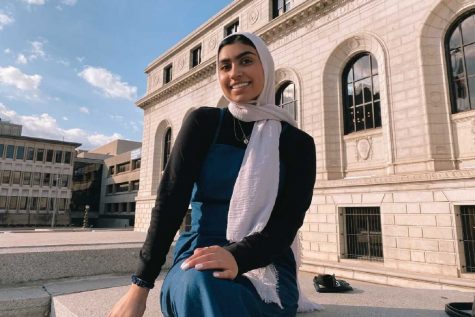
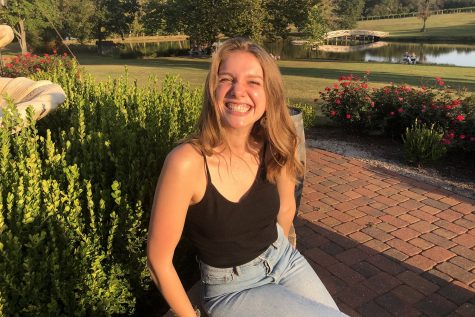


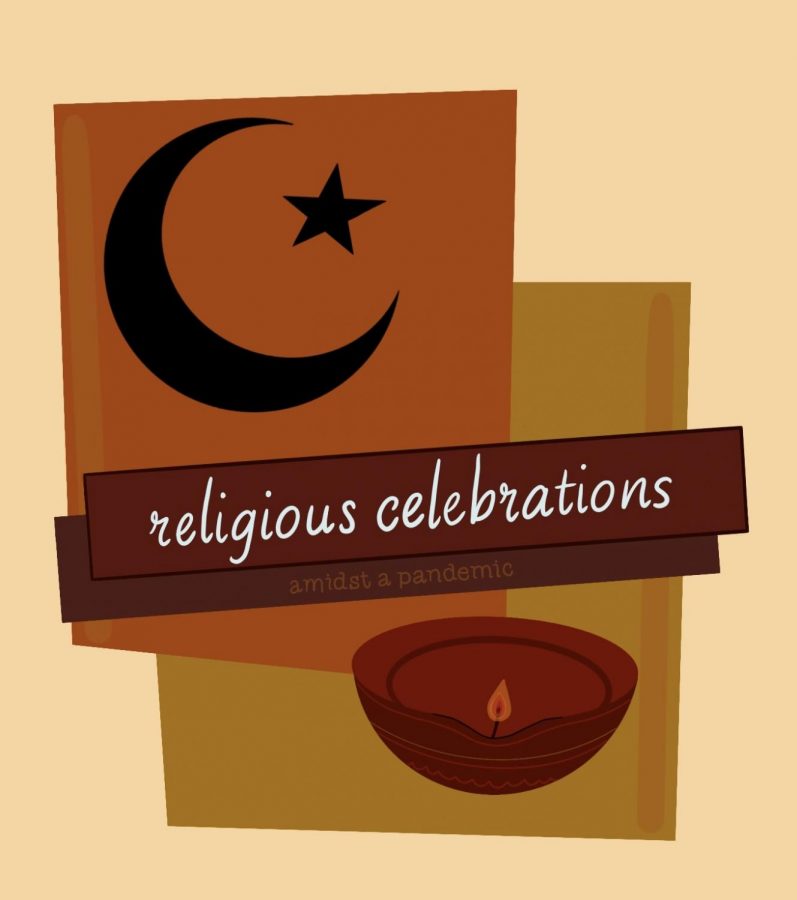
![The Teskey Brothers [Crew] gather together for a curtain call in front of a raucous St. Louis crowd after a two-song encore. (Photo courtesy of Vertrell Yates / @trellseyephotography)](https://unewsonline.com/wp-content/uploads/2024/05/Screenshot-2024-05-21-232057-600x370.png)



